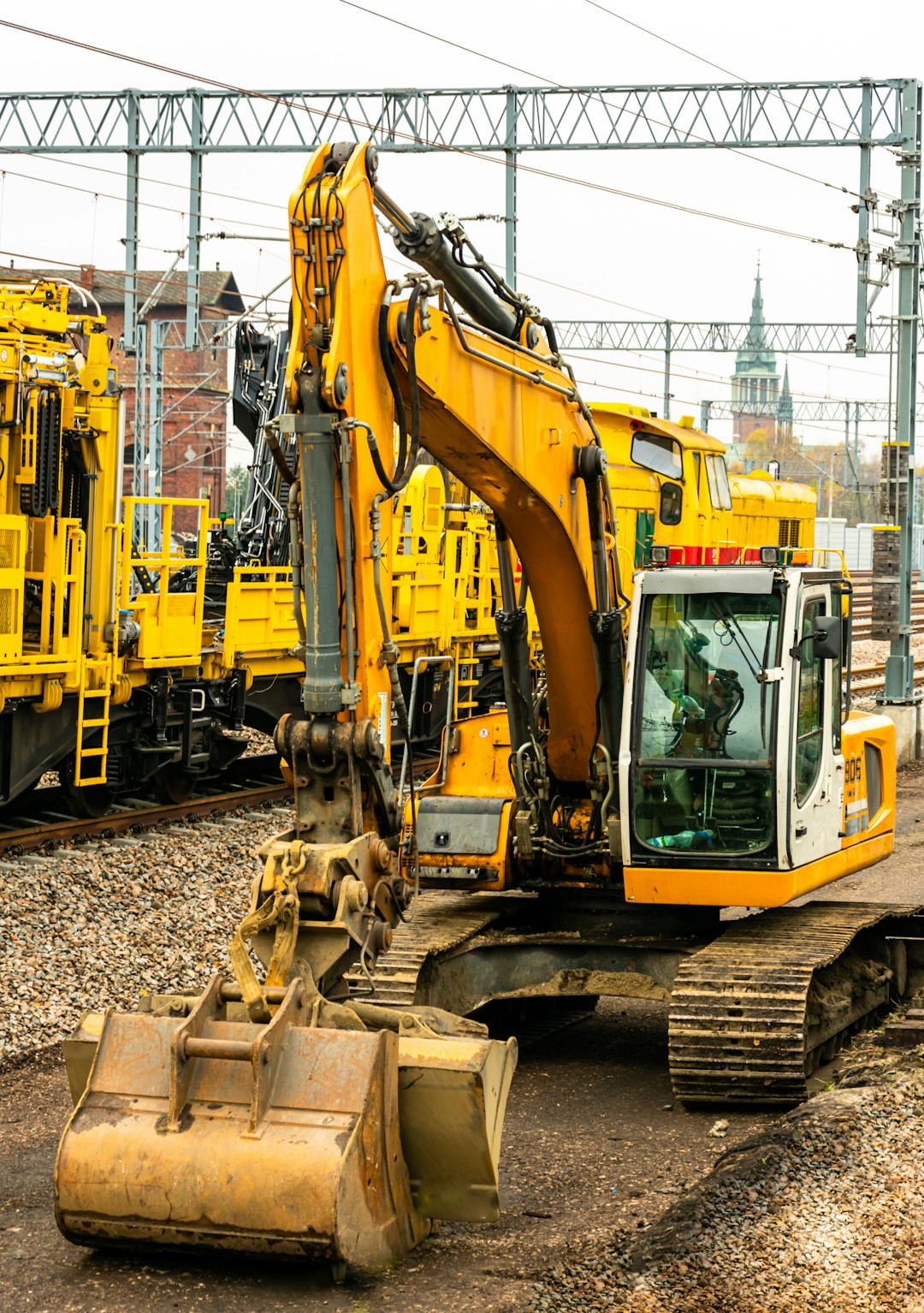
What is an Excavator?
An excavator is a powerful piece of heavy machinery designed for digging, lifting, and moving materials. It consists of three main components:
- The House : The cabin where the operator sits, housing the controls and engine.
- The Boom and Arm : The long, jointed arm attached to the house, equipped with a bucket or other attachment at the end.
- The Undercarriage : The base of the machine, typically equipped with tracks (or sometimes wheels) for mobility.
Excavators are commonly used in industries such as construction, mining, agriculture, and demolition. Their ability to perform tasks like trenching, material handling, and heavy lifting makes them indispensable on job sites.
How Does an Excavator Work?
The operation of an excavator is a fascinating blend of hydraulics, mechanics, and skilled human control. Here’s a breakdown of how it works:
- Hydraulic Power : Excavators rely on hydraulic systems to move their boom, arm, and bucket. Hydraulic fluid under pressure powers pistons, allowing precise movements for tasks like digging or lifting.
- Operator Controls : Inside the cabin, the operator uses joysticks and pedals to control the machine’s functions. Modern excavators often feature advanced technology, such as GPS and automation, to enhance precision and efficiency.
- Attachments : While the bucket is the most common attachment, excavators can be fitted with various tools like breakers, grapples, or augers, making them adaptable to different tasks.
- Mobility : The tracked undercarriage provides stability and allows the excavator to navigate rough terrain, while its rotation capability enables 360-degree movement for maximum flexibility.
Why Are Excavators Important?
Excavators play a crucial role in countless industries due to their versatility and power. Here are just a few reasons why they’re indispensable:
- Efficiency : They can complete large-scale tasks quickly, saving time and labor costs.
- Precision : Advanced controls allow operators to perform delicate operations with accuracy.
- Versatility : With interchangeable attachments, excavators can handle a wide range of jobs, from digging trenches to demolishing structures.
 Choosing the Right Excavator
Choosing the Right Excavator
Not all excavators are created equal. Depending on your project’s size and scope, you may need a compact, medium, or large excavator. Factors to consider include:
- Size of the Job Site : Compact excavators are ideal for tight spaces, while larger models suit expansive areas.
- Type of Task : Different tasks require specific attachments and capabilities.
- Budget and Rental Options : If purchasing isn’t feasible, renting an excavator can be a cost-effective solution.





